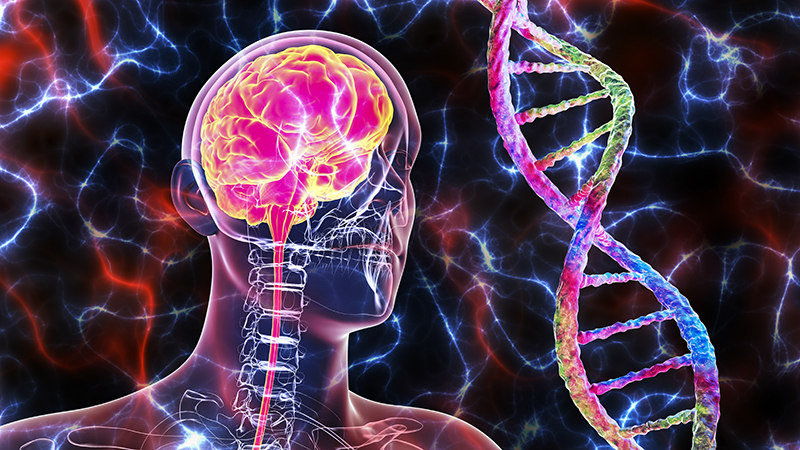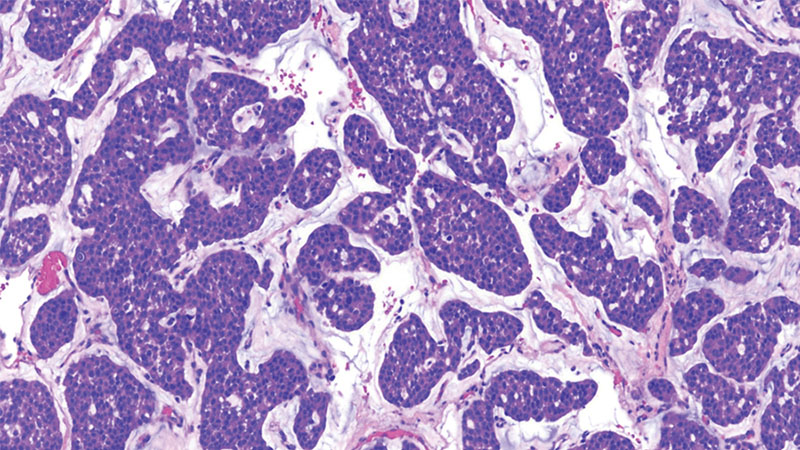Why You May Have Long COVID-19, Even If You Never Tested Positive
Blood Tests Often Reveal Viral Exposure Despite Previous Negative Tests
Published August 2023
Timing is everything when it comes to COVID-19 testing. To test positive for COVID-19 by nasal swab, you must be in a period of viral shedding. This is the time when your body releases copies of the virus.
This is when you are most contagious. While the virus is infecting your cells, copies of it leave your body and find other bodies to infect.
COVID-19 tests are not one-size-fits-all.— Igor J. Koralnik, MD
In the case of COVID-19, the virus attaches to tiny droplets in your breath. Then it spreads when you cough, exhale, speak or sneeze.
The period of viral shedding may vary among strains of SARS-CoV-2, the virus that causes COVID-19. Generally speaking:
- You start shedding the virus about two to three days before you develop symptoms.
- You stop shedding it about seven to 10 days from when your symptoms first appeared.
At the beginning of the COVID-19 pandemic, testing options were limited. You may have been sick but not been able to get a COVID-19 test during the time when your body was doing a lot of viral shedding. This means that you may have gotten a negative test result even if you had COVID-19.
In research published in Neurology® Neuroimmunology & Neuroinflammation, an official journal of the American Academy of Neurology, Northwestern Medicine scientists found that 41% of people with long COVID-19 who initially tested negative for COVID-19 had other blood testing that showed that they were exposed to the virus.
Common symptoms of long COVID-19 include:
- Brain fog
- Fatigue
- Cognitive impairment
If you have these symptoms but never had a positive COVID-19 test, you can still seek treatment for long COVID-19.
“It’s estimated that nearly 10 million Americans experienced neurologic manifestations of long COVID-19 without an official COVID-19 diagnosis due to limited access to COVID-19 testing in the first year of the pandemic or testing outside the window of detection,” says Igor J. Koralnik, MD, chief of Neuroinfectious Diseases and Global Neurology at Northwestern Medicine, who oversees the Neuro COVID-19 Clinic and is co-director of the Northwestern Medicine Comprehensive COVID-19 Center. “COVID-19 tests are not one-size-fits-all for confirming prior exposure to the virus.”






